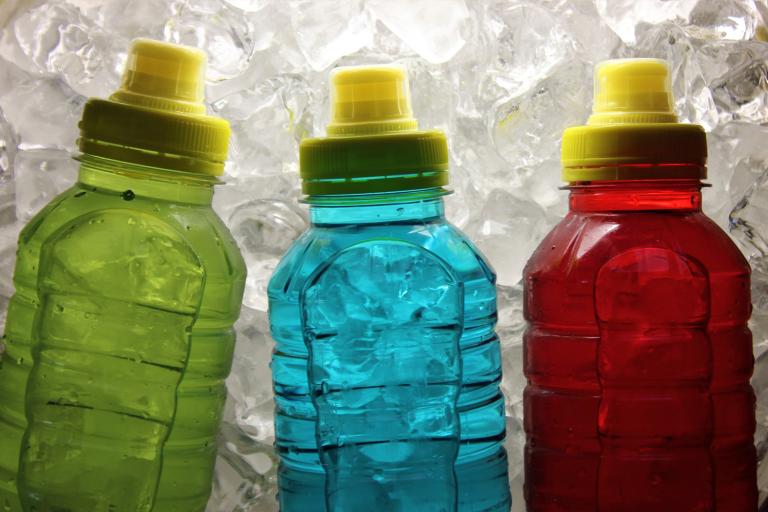As the weather warms, you may spend more time outside in the hot sun.
It’s important to be mindful of your body’s water and electrolyte balance.
What Are Electrolytes?
“Electrolytes” is the scientific term for the minerals in the blood and body fluids that carry an electrical charge. The most common electrolytes are:
- calcium
- chloride
- magnesium
- phosphorus
- potassium
- sodium
Benefits of Electrolytes
Electrolytes are important because they perform many vital tasks in the body, including:
- balancing water and pH levels
- carrying nutrients into and moving wastes out of cells
- ensuring that the brain, heart, muscles, and nerves are all functioning properly
For Heart Function
Electrolytes are especially important for heart function because they facilitate the electrical impulses that cause the heart to contract and relax at a normal rate.
Without electrolytes, the heart can’t pump properly. In extreme cases, electrolyte imbalances can lead to arrhythmias, or irregular heartbeats.
Refresh and Replenish
You take in electrolytes from the foods you eat and the fluids you drink.
Every day your body works to balance your water and electrolyte levels, but sometimes this balance can be disrupted.
Causes of Depletion
Diarrhea, sweating, and vomiting can all deplete water and electrolytes quickly.
The three main electrolytes lost through sweating—which you may tend to do a lot in the summer—are magnesium, potassium, and sodium.
And, even if you’re not sweating a lot when you mow the lawn or work out, you can still lose electrolytes from breathing rapidly.
Rehydrating
If you’re active, especially in the warmer months, consider replacing one 8-ounce serving of water per day with an oral rehydration product that contains electrolytes.
You can buy oral rehydration products at the store, or you can make your own with easy-to-find ingredients.
DIY Recipes
-
Water Base
- 4 cups water
- 3⁄4 teaspoon table salt
- 2 tablespoons sugar
-
Chicken Broth Base
- 2 cups chicken broth
- 2 cups water
- 2 tablespoons sugar
-
Tomato Juice Base
- 2 1⁄2 cups plain tomato juice
- 1 1⁄2 cups water
-
Cranberry Juice Base
- 3⁄4 cup cranberry juice
- 3 1⁄4 cups water
- 3⁄4 teaspoon table salt

